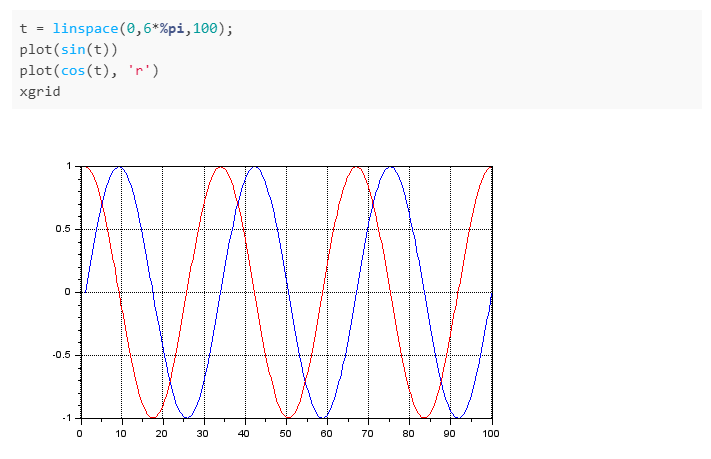Jupyter Notebook

Jupyter is a project developing software for interactive computing across multiple programming languages. It proposed a new format named Notebook that is very appropriate for academia and demonstrations.
The project is open to most scientific languages including Scilab, this latter has its kernel named scilab-kernel developed by Dassault Systèmes and the community. This kernel implements features for Notebooks and other interfaces while leveraging latest Scilab behaviors.

You can install the Scilab kernel from PyPi.
Notebook examples are also available in Scilab kernel sources and in Scilab project on GitLab.